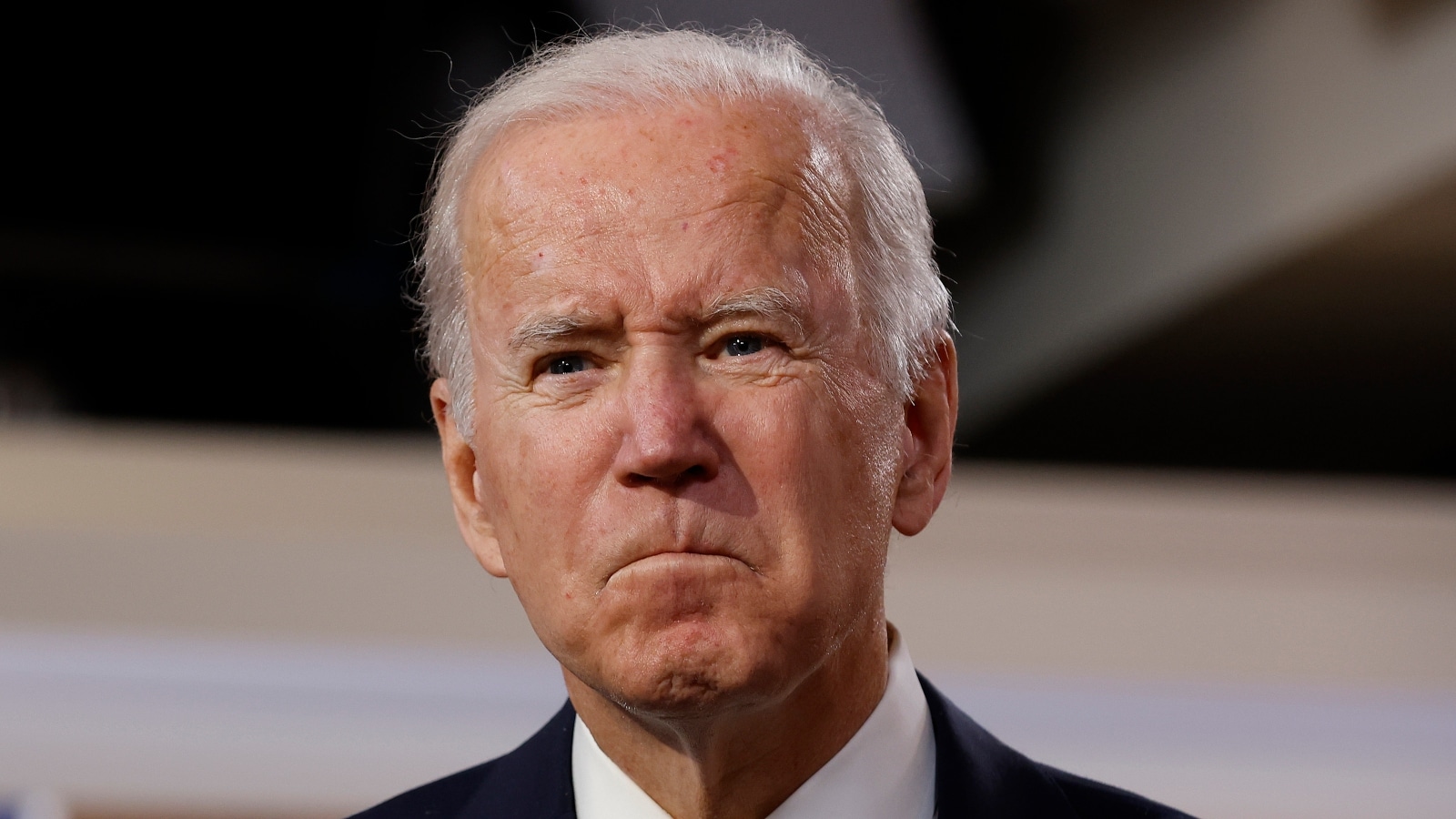OPINION: This article may contain commentary which reflects the author's opinion.
A federal judge handed state Democrats in Illinois a defeat when he issued a temporary injunction Friday against a so-called “assault weapons” ban signed by Gov. J.B. Pritzker in January.
According to Just the News, the law defines those guns as a “semiautomatic rifle that has the capacity to accept a detachable magazine or that may be readily modified to accept a detachable magazine.” In addition, if a rifle possesses any external features unrelated to its firing capacity, such as certain stocks, flash suppressors, or grenade launchers, it is considered part of the banned category of firearms.
In his ruling, United States District Court for the Southern District of Illinois Judge Stephen Patrick McGlynn, a Trump appointee, stated that the court “must be mindful of the rights guaranteed by the Constitution” in his ruling, per Fox News.
The law also includes penalties for anyone who “Carries or possesses… Manufactures, sells, delivers, imports, or purchases any assault weapon or .50 caliber rifle.” In addition, the law requires anyone who owned a newly banned weapon at the time the law took effect to register it with the Illinois State Police.
The legislation bans any kits or tools that increase the firing rate of a semiautomatic weapon, and it also includes a limit on purchases of certain magazines.
A plaintiff in the case, Gun Owners of America, said the ruling ought to be a wake-up call for Pritzker and his Democratic Party.
“Governor Pritzker and his anti-gun cabal in the legislature thought they could steam roll the Second Amendment, and this ruling makes clear that they abused their authority and infringed on their citizens’ rights. We look forward to continuing this fight,” GOA Senior Vice President Erich Pratt said, according to Fox News.
The judge wrote in his ruling that he wasn’t attempting to “minimize the damage caused when a firearm is used for an unlawful purpose.” However, he noted as well that the law itself unconstitutionally limited the Second Amendment right of Illinois residents.
“[Protect Illinois Communities Act] did not just regulate the rights of the people to defend themselves; it restricted that right, and in some cases, completely obliterated that right by criminalizing the purchase and the sale of more than 190 ‘arms,'” McGlynn wrote in his ruling.
The ruling from McGlynn came not long after United States District Court for the Northern District of Illinois Judge Lindsay Jenkins, who President Biden appointed, refused to block the law’s enforcement.
“The challenged restrictions on semiautomatic weapons and large-capacity magazines … are consistent with ‘the Nation’s historical tradition of firearm regulation,’ namely the history and tradition of regulating particularly ‘dangerous’ weapons,” Jenkins noted in her ruling.
Biden has repeatedly vowed to re-enact a federal ban on such rifles similar to one passed during Bill Clinton’s first term. It expired a decade later during then-President George W. Bush’s tenure.
In August, a federal judge handed Second Amendment advocates a similar victory in Colorado.
The Reload, a website tracking gun-related issues, reported the federal court action was the second in as many months barring enforcement of a ban on certain types of semi-automatic rifles.
Interestingly, the federal judge who blocked the Colorado ban was also appointed by Biden.
U.S. District Judge Charlotte Sweeney implemented a temporary restraint against Boulder County, stopping enforcement of the jurisdictional ban on the manufacture and sale of such weapons, which includes the most popular of all models, the AR-15, as well as ammunition magazines that can hold 10 or more rounds, the website reported.
“On this admittedly limited record and with a liberal analysis of this factor, the Court finds that Plaintiffs establish a substantial likelihood of success on the merits,” Sweeney wrote, referencing the recent U.S. Supreme Court in New York State Rifle and Pistol Association v. Bruen ruling as the basis for her decision.
Sweeney’s order was handed down the same day that gun rights group Rocky Mountain Gun Owners and the Colorado cities of Boulder, Superior, and Louisville, as well as Boulder County, came to an agreement to stop enforcing the bans and instead consolidate their cases.
